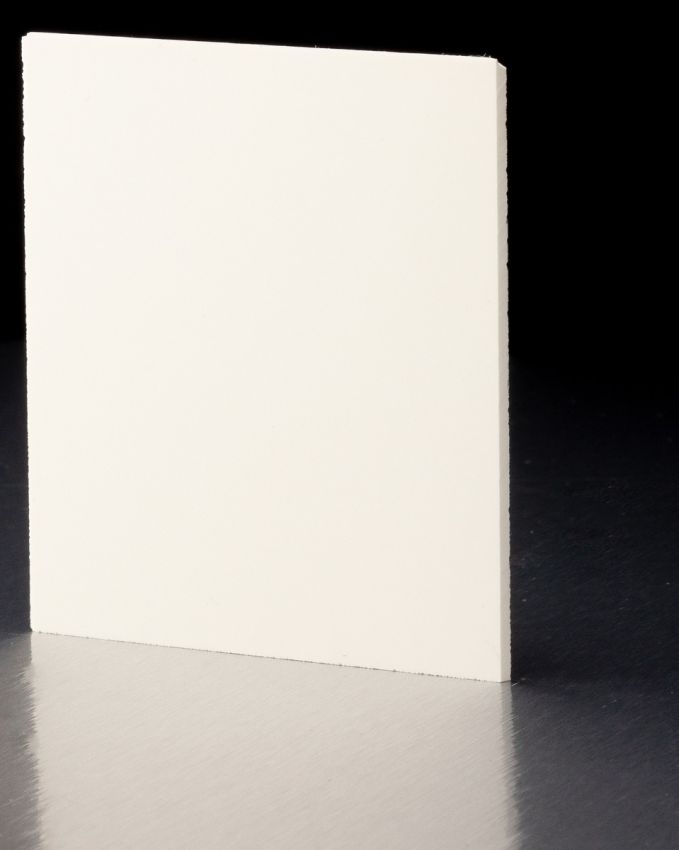The Ultimate Showdown: Aluminium vs uPVC - Unveiling the Strongest Material

When it comes to choosing the right material for windows and doors, the debate between aluminium and uPVC has been ongoing. Both materials have their own set of advantages and disadvantages, but the question remains: which is stronger? In this article, we will delve into the properties, durability, and performance of aluminium and uPVC, providing you with the necessary insights to make an informed decision.
- Strength and Structural Integrity:
Aluminium:
Aluminium is renowned for its exceptional strength-to-weight ratio. It is a lightweight material that offers remarkable structural integrity, making it suitable for various applications. The inherent strength of aluminium allows for the creation of slimline frames, maximizing the glass area and enhancing the overall aesthetics of windows and doors.
uPVC:
uPVC, short for unplasticized polyvinyl chloride, is a rigid plastic material that is known for its durability. While it may not possess the same level of strength as aluminium, uPVC frames are robust and resistant to impact, making them suitable for areas prone to extreme weather conditions.
- Thermal Performance:
Aluminium:
Traditionally, aluminium frames were associated with poor thermal performance due to their high conductivity. However, advancements in technology have led to the development of thermally broken aluminium frames. These frames feature a layer of insulating material, reducing heat transfer and improving energy efficiency.
uPVC:
uPVC frames excel in terms of thermal insulation. The material itself has low thermal conductivity, which helps to minimize heat loss and maintain a comfortable indoor environment. uPVC windows and doors often incorporate multiple chambers within the frame, further enhancing their insulation properties.
- Maintenance and Longevity:
Aluminium:
Aluminium frames are highly resistant to corrosion, making them ideal for coastal areas or regions with high humidity. They require minimal maintenance and can withstand exposure to harsh weather conditions without deteriorating. Additionally, aluminium frames can be powder-coated in various colors, providing a long-lasting and aesthetically pleasing finish.
uPVC:
uPVC frames are virtually maintenance-free. They do not require painting or sealing, and a simple wipe-down with a mild detergent is sufficient to keep them clean. uPVC is also resistant to rot, rust, and fading, ensuring longevity and durability.
- Environmental Impact:
Aluminium:
Aluminium is a highly sustainable material as it can be recycled indefinitely without losing its properties. It has a significantly lower carbon footprint compared to uPVC, making it an environmentally friendly choice.
uPVC:
While uPVC is not as easily recyclable as aluminium, efforts are being made to improve its sustainability. Some manufacturers have implemented recycling programs to reduce waste and promote the reuse of uPVC materials.
Conclusion:
In the battle of strength between aluminium and uPVC, both materials have their unique advantages. Aluminium offers exceptional strength and structural integrity, while uPVC excels in terms of thermal performance and low maintenance. Ultimately, the choice depends on your specific requirements and preferences. Consider factors such as location, energy efficiency, aesthetics, and sustainability when making your decision. Remember, the strongest material is the one that best suits your needs.